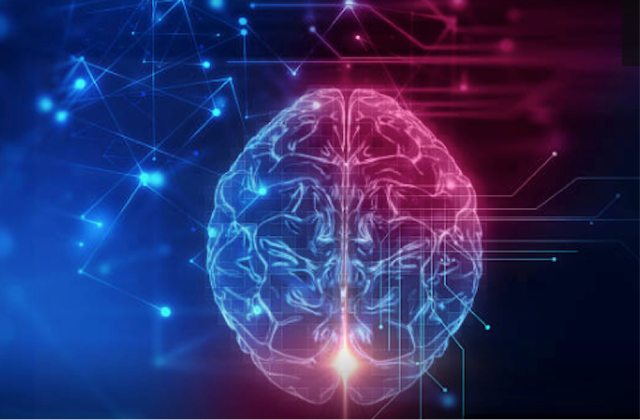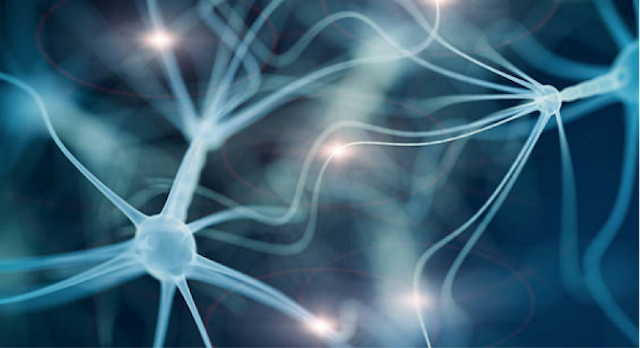As I am sure many of you are aware, adequate nutrition is essential for the development of brain's structure and its functioning during one's lifetime - there is substantial research on nutrition and its profound influence on the development of brain's neuronal pathways and cell signalling.

In fact, even short-term variations in nutritional status has been shown to affect performance, memory and emotions which emphasises the importance of the consumption of essential nutrients for a healthy brain. The focus for today is dietary fat.
The effects of dietary fat on the brain
As already mentioned, consuming essential nutrients is important to maintain efficient brain functioning. In this case, the consumption of healthy fats is crucial as fats are important components of brain's neuronal membranes, which aid the process of cell signalling. Research has pointed out that an imbalance in dietary intake of fatty acids contributes to diminished brain performance and disease - for example, deficiencies in omega-3 (which is a polyunsaturated fatty acid), has been linked with cerebral dysfunction and alterations to the structure and function of membranes.
Therefore, knowing which dietary fats play a fundamental role in our brains is important for maintaining a healthy cognition.

Influence of a Healthy high-fat intake vs unhealthy high-fat consumption
High-fat diets that are considered important for brain functioning highlight the need for an increased consumption of omega-3 fatty acids, amongst other sources of healthy fats. Omega-3 and Omega-6 fats are vital for us as they cannot be synthesised by our bodies, however consuming more omega-3 rich foods helps in creating a more ideal omega-6 to omega-3 ratios. Such diets are rich in anti-inflammatory properties and they do not only enhance cognition but they also protect against diseases such as peripheral neuropathy, cardiovascular disease and Type 2 diabetes.

Imbalanced Omega-6 to Omega-3 ratios in fact can have a devastating effect on neurological functioning, thus affecting performance, memory and cognition. These imbalances come from consuming unhealthy high-fat diets that consist mainly of trans fatty acids and unhealthy sources of saturated fats. These diets have been widely associated with chronic diseases in our societies including insulin resistance and Type 2 diabetes, emphasising the influence of diet in healthy brain and body functioning.

References
1) Bourre, J, M. (2004) Roles of unsaturated fatty acids in the brain at various ages and during ageing. The Journal of Nutrition, Health & aging. 8(3), 163-174
2) Gómez-Pinilla, F. (2008) Brain foods: the effects of nutrients on brain function. Nature Reviews Neuroscience. 9(7), 569-578.
3) Stonehouse, W. et al. (2013) DHA supplementation improved both memory and reaction time in health young adults: a randomised controlled trial. The American Journal of Clinical Nutrition. 97, 1134-1143.
4) Chang, C, Y. et al. (2009) Essential fatty acids and human brain. Acta Neurologica Taiwanica. 18(4), 231-241
5) Uauy, R. & Danquor, A, D. (2006) Nutrition in brain development and aging: role of essential fatty acids. Nutrition Review 64(5), S24-S33.
Source for visuals: https://www.istockphoto.com/gb
I love eating nuts which help brains.
That's really good! Although portion is important as well eh! It is easy to eat a lot of them, which might stop you from losing weight (that is if you are looking for weight loss) since they contain lots of fat :)
Agreed. And it can be better to eat 5 smaller meals as opposed to one big meal per day maybe. People tend to eat 2 or 3 times a day but when we eat not too often then our bodies may begin going into starvation modes where it may try to store more of the food into the fat cells.